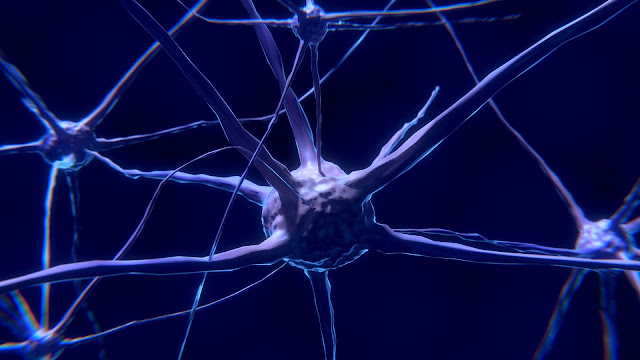How Much Do Wild Animals Suffer? A Foundational Result on the Question is Wrong.

NOTE: I would like to clarify that the post below and the published paper show that a result from 1995 does not hold, but they do NOT make the case for the 1995 model being correct. There are many reasons the models in both papers are likely to be deeply flawed: path dependency, dynamic ecosystems, philosophical problems with the definition of suffering and enjoyment, and so on. The primary point here is to treat the 1995 result and other work on wild animal suffering with caution. In 1995, Yew-Kwang Ng wrote a groundbreaking paper, "Towards welfare biology: Evolutionary economics of animal consciousness and suffering" that explored the novel question of the wellbeing of wild animals as distinct from the conservation of species. As perceptive as it was innovative, the paper proposed a number of axioms about evolution and consciousness to study which animals are sentient, what their experiences are, and what might be done about it. Among the many results in the paper wa...
